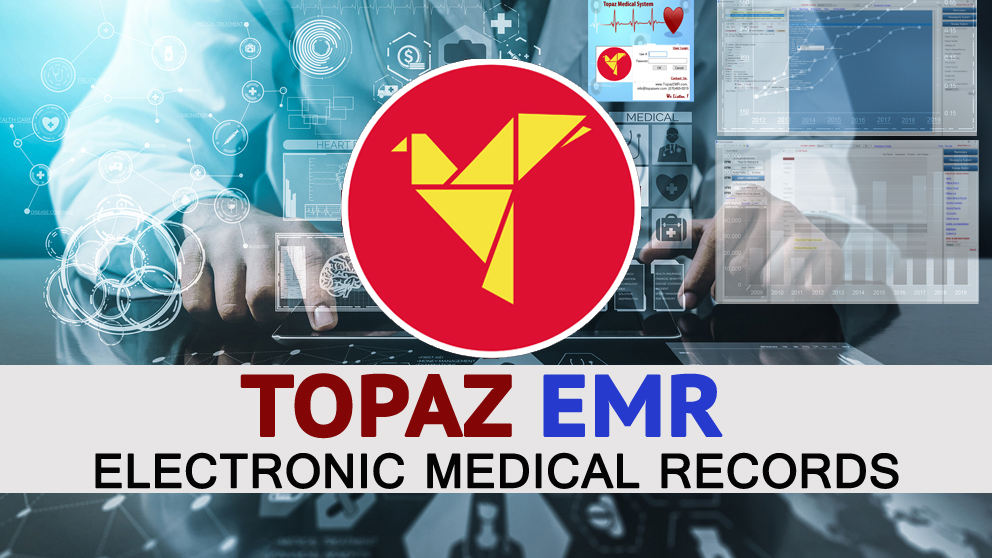By Marie Owens Thomsen, IATA Senior Vice President Sustainability & Chief Economist
This September, global aviation leaders will convene for the 42nd Assembly of the International Civil Aviation Organization (ICAO). It’s a critical meeting that happens only once every three years, and it is where states come together to discuss and agree on actions related to aviation’s most pressing issues.
As you can imagine, with a commitment to achieve net zero carbon emissions by 2050, the issue of sustainability will be high on the Assembly’s agenda. In particular, CORSIA—the Carbon Offsetting and Reduction Scheme for International Aviation—will be in the spotlight.
As aviation was coming to grips with the enormous challenge of decarbonization, it was realised early that technical solutions for emissions reductions in airline operations would take time to mature. But the airline industry could not wait. The answer to this was to fund (and claim ownership of) emissions reductions in areas where these could be achieved more quickly. And to do that in an orderly manner—without a patchwork of taxes, charges, or other fund-raising schemes—States created CORSIA as the sole economic measure to mitigate the impact of international flying. This was agreed at the ICAO Assembly in 2016.
How does CORSIA work? It requires airlines to purchase and cancel “emissions units” to offset their emissions over and above 85% of 2019 emissions. Operationally, it can be done by using CORSIA-eligible fuels or by buying carbon credits (Eligible Emissions Units, EEUs) that are generated from projects that reduce CO2 emissions. EEUs are not just robust carbon credits—they are climate finance instruments that deliver verified CO2 reductions and generate co-benefits such as employment, biodiversity preservation, and technology transfer in developing countries. These benefits are particularly impactful in developing countries due to their unique capacity to deliver both climate and socio-economic gains.
There is an elaborate system to manage EEUs so that their environmental integrity is guaranteed. Remember that States also use carbon reduction activities against their obligations under the Paris Agreement. And to ensure high quality and credibility, only States can authorize carbon reductions to be made available as EEUs.
But there’s a big challenge: There aren’t enough EEUs on the market for airlines to purchase.
The CORSIA paradox
The States that agreed to create CORSIA oblige airlines to buy EEUs. However, airlines cannot source EEUs without States’ having first authorising their release from national accounts for this purpose. Airlines must buy, but States are not obliged to provide. That’s a paradox. It’s also a compliance issue for airlines because without sufficient EEUs, it will be challenging for airlines to meet their CORSIA obligations. The resulting scarce supply of EEUs also distorts the market and drives up the price of the EEUs.
Creating a win-win-win-win situation
Taking advantage of CORSIA to create a win-win-win-win situation should be a no-brainer: it helps countries generate much-needed climate finance, it channels airline decarbonization efforts into certifiable emission reductions, it helps countries with their commitments under the Paris Agreement, and contributes to improved socio-economic outcomes for all involved. The example that Guyana is setting should be an inspiration for other states. To turn that inspiration into action there is short list of recommendations:
- Harmonize processes to support the Paris Agreement and CORSIA.
- Stick to the CORSIA plan and don’t duplicate or invent new taxes and charges.
- Stimulate the market by identifying and supporting CORSIA-compliant projects that can help the environment, reduce emissions, and support economic and social development.
The lessons of history
This all fits nicely into the proven benefits of consistently following global standards. The common set of rules that states agreed on through ICAO has enabled the phenomenal growth of post-WWII aviation. Thanks to this, some five billion people will enjoy the freedom that air travel makes possible. And economies and societies everywhere benefit from it.
Following a similar “global standard” approach is the only way to solve the net-zero carbon emissions challenge. That means making CORSIA a success, and supplying the market with sufficient EEUs. This will be a key message from the airline industry to the ICAO Assembly over the next weeks and beyond. To achieve our net zero emissions by 2050 target, we all ICAO member States actively to support CORSIA!
The post Why CORSIA matters appeared first on Caribbean News Global.

